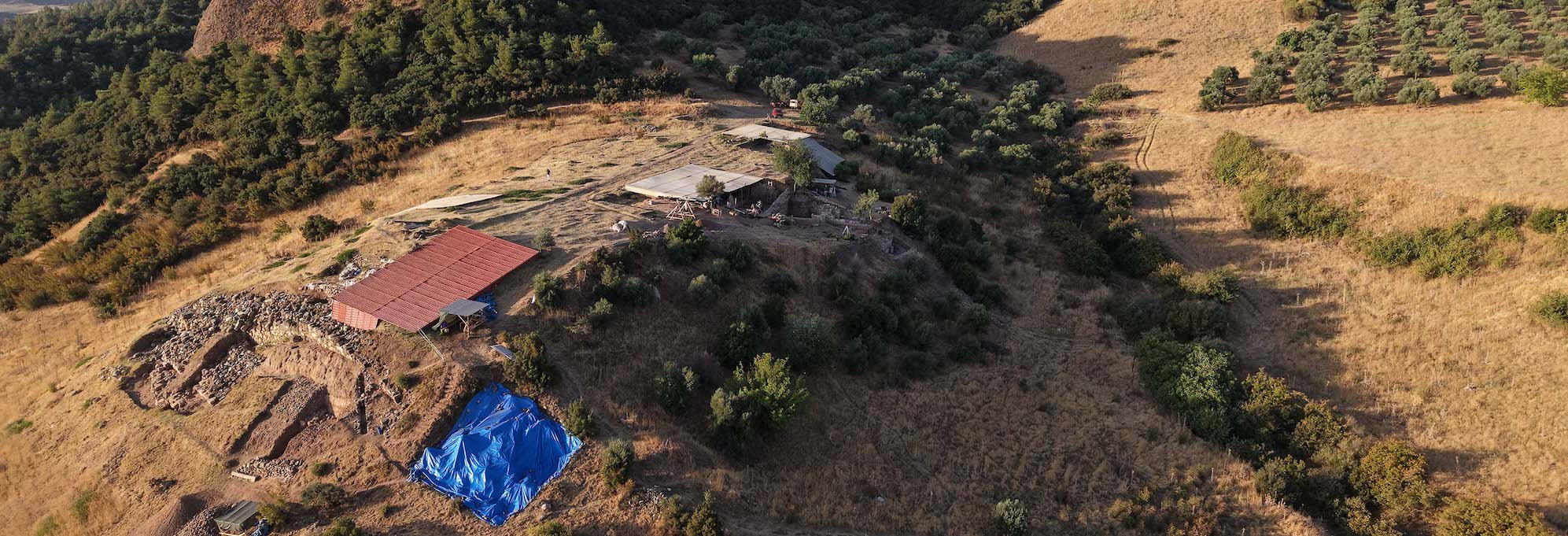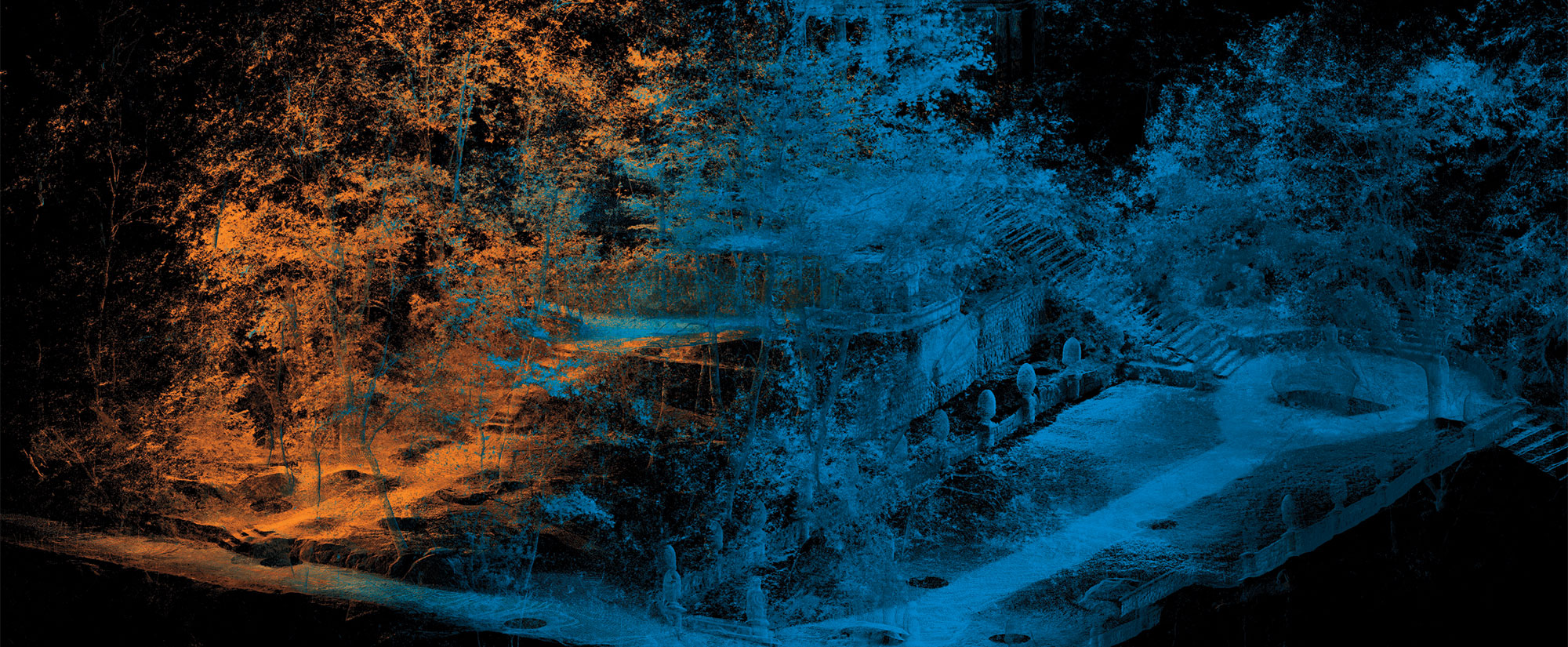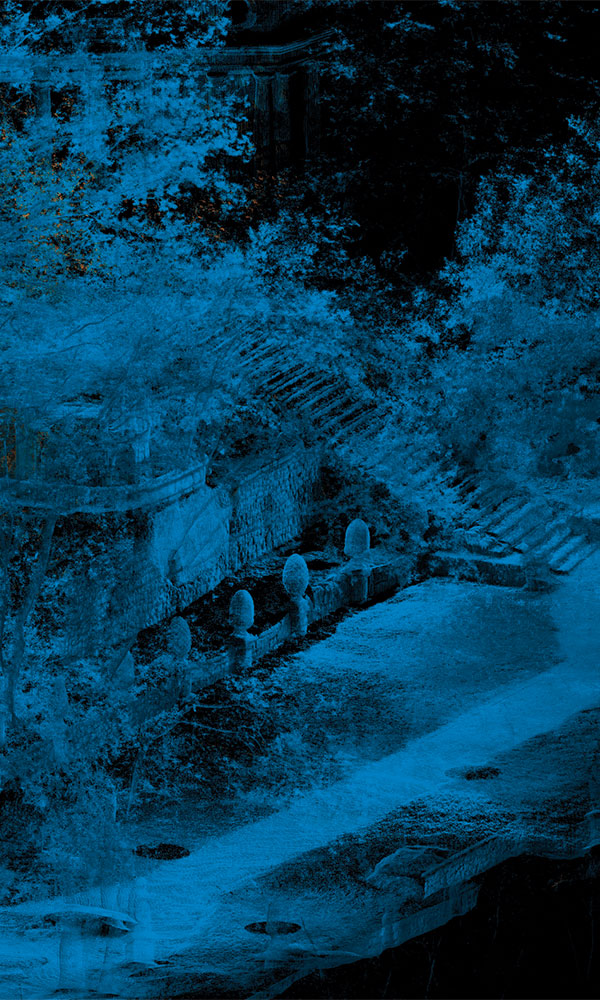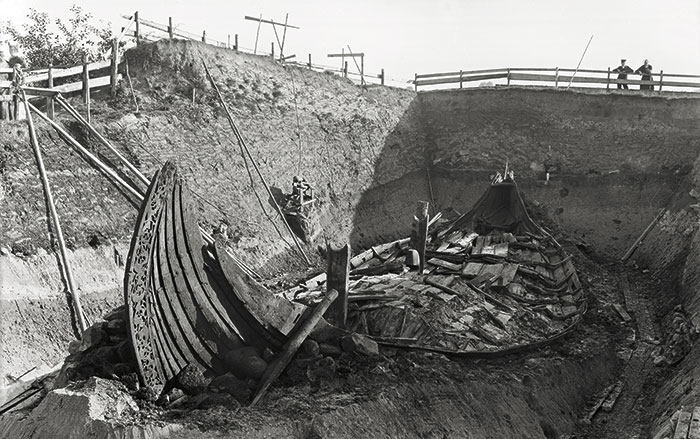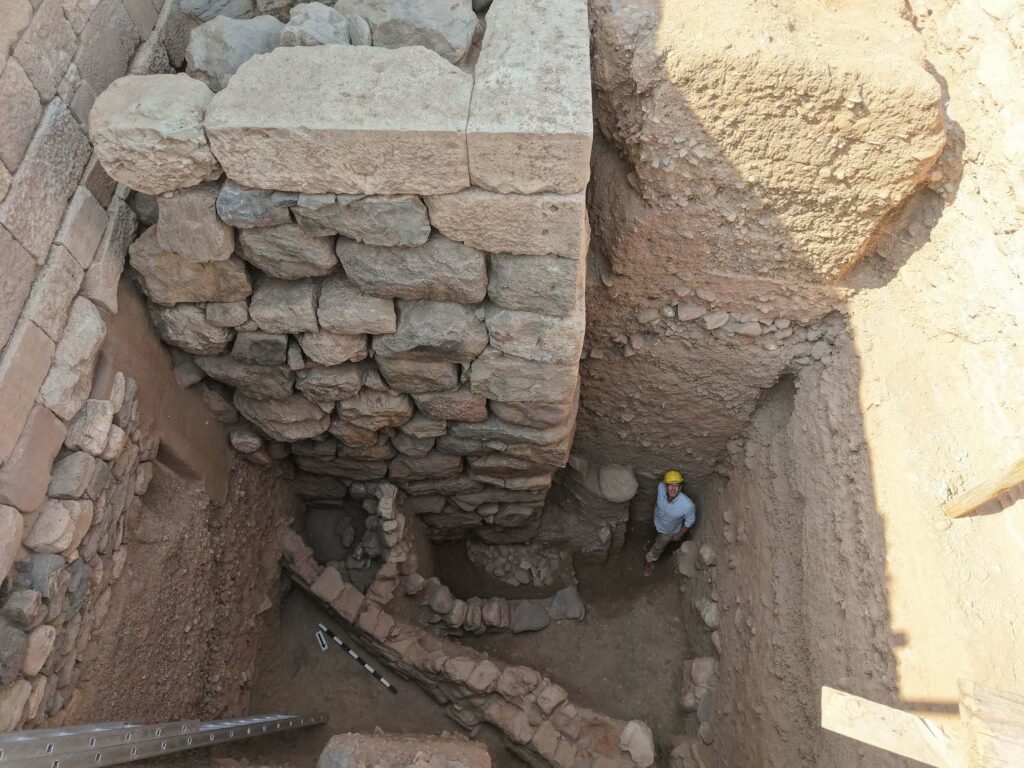
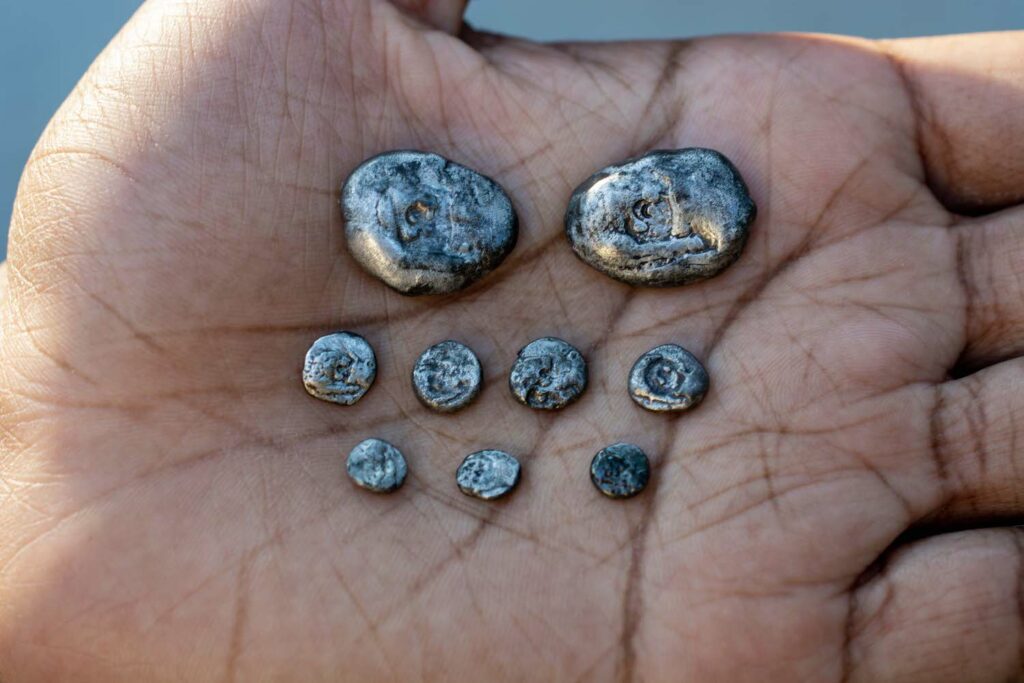
SARDIS, TURKEY—Türkiye Today reports that archaeologists have unearthed an even earlier set of walls belonging to a sprawling palace at the site of Sardis in western Turkey, which has prompted them to reevaluate the site’s origins and long history. The city served as the capital of Lydia, an Anatolian kingdom whose people flourished in the seventh and sixth century b.c. They are often credited with minting the world’s first standardized coinage. Buried 25 feet below ground, construction phases dating to the eighth—or perhaps ninth—century b.c. were discovered beneath layers belonging to the Persian, Hellenistic, Roman, and Byzantine periods, indicating that the palace was rebuilt over many centuries. The structure’s stone walls, which measure between five and eight feet thick, still stand 20 feet high in some places. According to University of Wisconsin archaeologist Nicholas Cahill, scholars have long believed that the Lydians only began the process of urbanization in the seventh century b.c., and that before this time, they lived in small villages. “These findings prove otherwise,” he said. “Sardis was already a major monumental city in the eighth century b.c.” Among the artifacts his team recovered from the Persian destruction level dating to 547 b.c. were 30 bronze arrowheads, fragments of human skeletons, and nine silver coins considered among the oldest known in the world. To read about the Persian Achaemenid king who conquered Lydia in the mid-sixth century b.c., go to "Rise of the Persian Princes."


